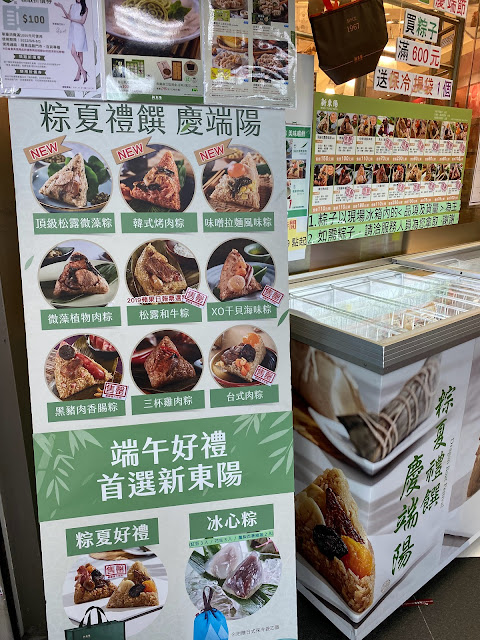Friday was Dragon Boat Festival, celebrated on the fifth day of the fifth month of the lunar calendar. The origin story involves a poet who committed suicide in opposition of the Qin Dynasty around 300 BCE by drowning himself in the river. The townspeople raced out in boats to try to retrieve his body but couldn't find it. They dropped sticky rice wrapped in leaves into the water so the fishes would snack on the 粽子 zongzi instead of his body.
 |
| Watching dragon boat races at 大佳 with friends |
 |
| Shop selling different flavors of zongzi |
 |
| They are bought in bundles tied together with twine, my Taiwanese auntie kindly gave me some |
 |
| My friend being interviewed by a Falun Gong news reporter |
 |
| Documentary on this topic that's banned in China and Hong Kong but has been extremely popular in Taiwan |
On Sunday, I went surfing in Yilan with my Taiwanese friend and his high school friends. It was 96 degrees and sunny. We threw a football on the beach, ate yellow watermelon, drank Coronas, and played with their Samoyed. I personally drank two huge taro milk smoothies.
The friends to whom I was introduced on this day trip represent a very niche slice of Taiwanese society. They all were sent to the United States for at least one year of high school. They are all proficient in English and Mandarin, and have very international friend circles. They often have relatives who live in the United States. In Taipei, they live in areas like Neihu, which also happens to be the location of the exclusive Taipei American School. They drive nice cars, work for their families' companies, and have expensive pure bred dogs.
I am so grateful for any opportunity to be immersed in Chinese, but it is not always smooth sailing. Living in a foreign language makes me better understand the experience of the exchange students who stayed with my family growing up. It takes enormous effort to be able to tune in and keep up with a conversation between native speakers, especially when it's not directed at you. It is hard to insert yourself or ask questions because you're not totally sure if you missed something that was said earlier. The worst part is feeling like you lack personality and wit because your language level is not adequate. I cannot overemphasize how different studying Chinese (ranked as Category V "languages which are exceptionally difficult for native English speakers" by the Foreign Service Institute) is from studying a language like French or Spanish (both ranked as Category I). The logic, culture, and pronunciation are based on radically different fundamentals that English. Living in Taiwan has made me realize mastery is an ever extending asymptote.








No comments:
Post a Comment